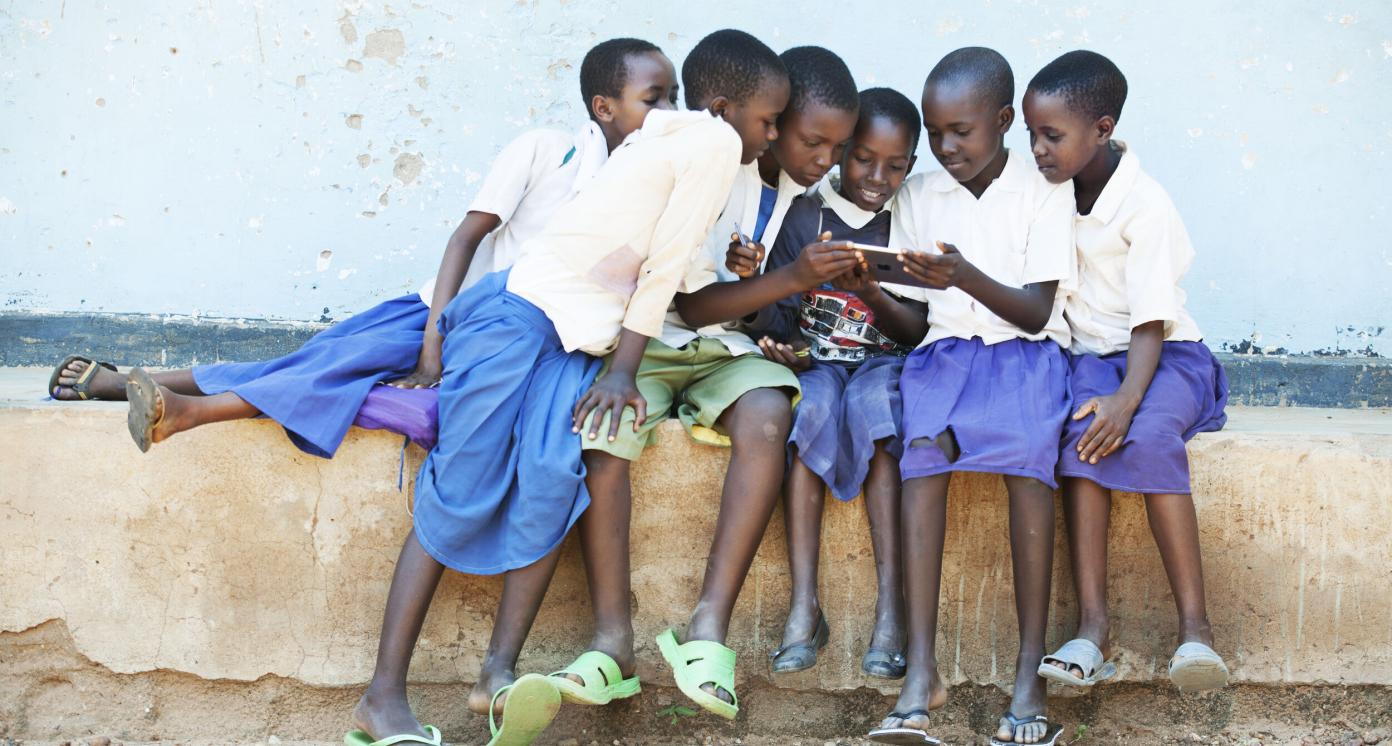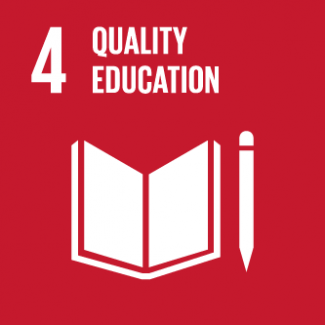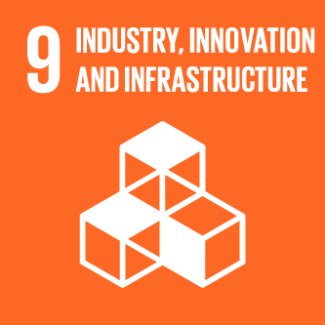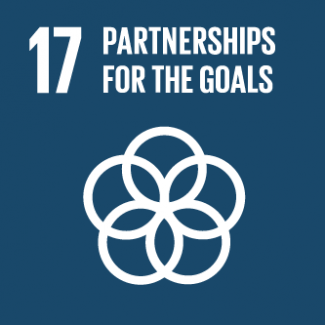BLUETOWN is a global internet service provider that strives to make connectivity accessible and affordable for everyone by connecting underserved communities using solar-powered, off-grid Wi-Fi solutions. To fulfil its vision of connecting the unconnected and enabling higher standards of living, BLUETOWN has gone beyond simply providing access and has built a business model that breaks down key barriers that keep people offline.
In BLUETOWN’s current markets, internet penetration currently stands at 32.5% in Ghana and 22.6% in India. For women, these figures stand at 20% in Ghana and 8% in India, highlighting a substantial gender gap, according to The Economist’s Inclusive Internet Index. The BLUETOWN model breaks down the key barriers to connectivity to connect the unconnected, namely no connectivity, unaffordable access, insufficient ICT skills and lack of relevant content. By doing so, it targets the 308 billion USD annual market value of connecting the world’s four billion low-income consumers, as per USAID estimates.
BLUETOWN’s inclusive business model includes content distribution besides internet service provision, both self-funded and subsidized. A BLUETOWN base station connects up to 200 Wi-Fi hotspots and are operated entirely on solar power with rechargeable batteries. BLUETOWN’s solar-powered infrastructure allows communities to generate less carbon emissions and avoid local air pollution from diesel generators that are otherwise used for connectivity infrastructure. Moreover, in order to overcome the barrier of unstable connections and low purchasing power in rural locations, BLUETOWN offers a local cloud solution that provide continual access to digital content and services in its client communities.
Since 2014, the enterprise has provided internet access to more than a million people in communities across Ghana, Rwanda, Mozambique and Tanzania, and to four Indian states. The enterprise has planned installations in Ghana, India, Nigeria and Brazil that will cover more than 5 million people in 2023. To date, it has raised investments of 26 million USD and an additional investment of 90 million USD is required to scale the current 1,000 base stations to enable 5,000 individuals (50 percent women, majority youth) with increased revenues as a result of becoming hired and trained as BLUETOWN micro-operators.
This case study is sourced though the UNDP Business Call to Action (BCtA), whose members are confirmed to engage low-income people in core business, be commercially viable, be built for scale and to advance the SDGs, and are guided by the BCtA Code of Conduct. Learn more about the case study on the enterprise’s BCtA membership site and its Impact Management Case Study.



















